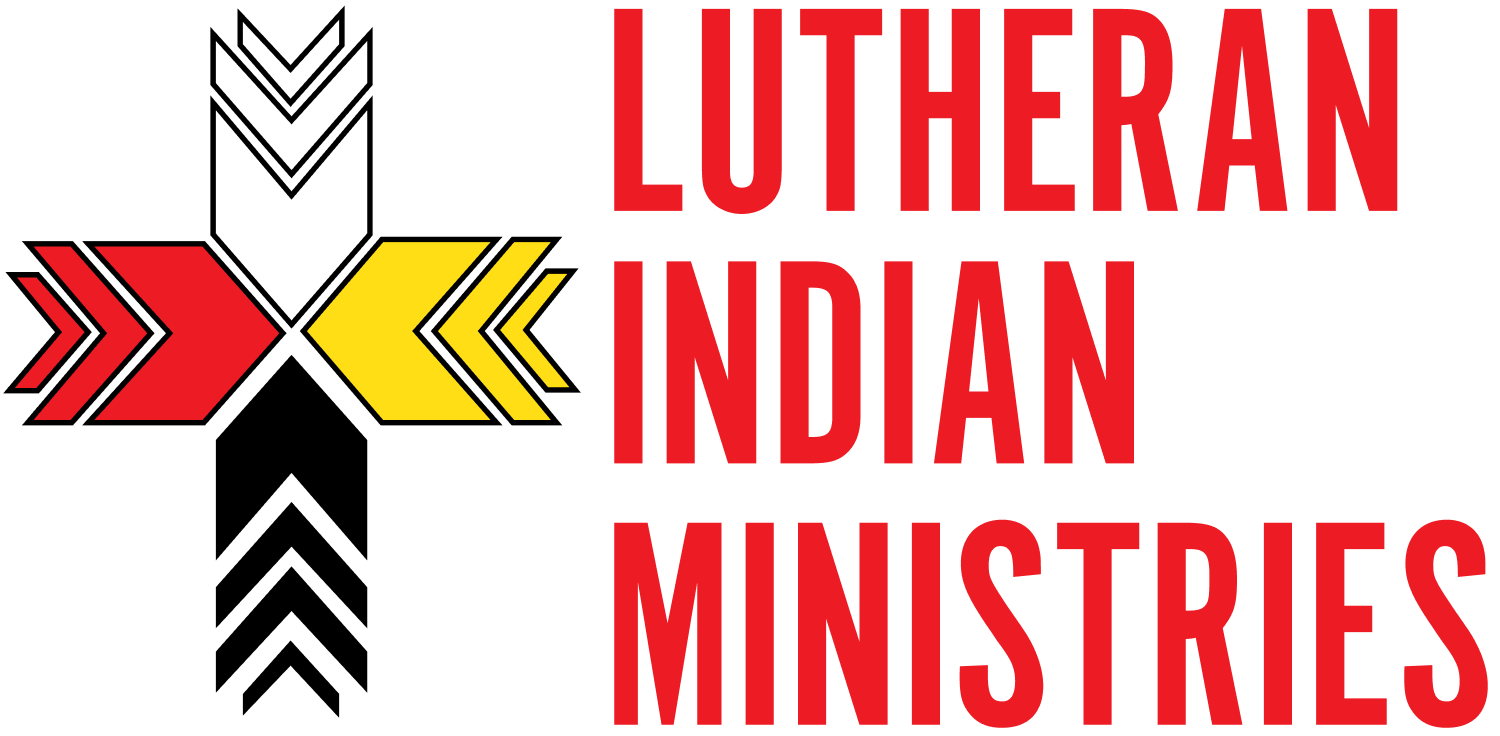This Week in Native American News - May 20, 2016
Inupiaq Photographer Creates "I Am Inuit"
Inupiaq photograher, Brian Adams, interviews a man at the grocery store. Photo from: KTOO Public Media
Brian Adams, from Anchorage Alaska, is in the midst of a year-long project to photograph and document the lives of Alaska Natives in rural communities. He calls it "I Am Inuit."
“I went to Kivalina in 2005 for my grandma’s funeral,” said Adams. “I brought a couple of cameras and really got into the community. Making photos was just so much fun there. After that trip, I was like, ‘This is what I want to do. I want to keep coming to the villages. I want to make a body of work of this.’ It was a changing point for me.” Read the full story here.
Adams uploads new photographs daily and will continue to tell the stories of the Inuit people until the anniversary of his project on October 26th. From there, he hopes to compile the best images into an "I Am Inuit" book. He also hopes to include the Inuit people of Canada and Greenland in the future.
Check out the "I Am Inuit" website.
Multiple Laws Concerning Native Americans Re-examined
Violence Against Women Act - signed into law in 2013 gives tribes the power to persecute non-Natives in domestic and dating violence cases. While the law is important, there are gaps. Tribes can only persecute those who live on tribal land or are the victim's spouse or partner. Also, tribes cannot persecute non-Native offenders in child abuse. Tracy Toulou, the director of the Justice Department's Office of Tribal Justice, is pushing for changes. Read the full story here.
Bear Ears National Monument - There has been a lot of talk about the Bear Ears National Monument in Southeastern Utah among tribes in that region. Native American claim the site as sacred land, and nobody is disputing that the land should be preserved, but how to preserve it is - even among the Native people. Read the full story here and here.
Indian Child Welfare Act - ICWA was enacted in 1978 to protect Native children from being removed from their homes to preserve their cultural link. The law has been in the spotlight frequently this year by some who say that it takes into consideration the tribe and cultural rather than the "best interest of the child." Read more about the most recent ICWA news here.
Indian Health Service Accountability Act - Senators John Barrasso (WY) and John Thune (SD) introduced the bill as a way to improve the Indian Health Service (IHS). Substandard care has been an issue for many IHS hospitals and clinics, particularly in the Midwest Plains, and the senators say this is "'an important first step' toward ensuring tribal members receive proper healthcare." Read the full story here.
Without Grandmothers Reservation Life Would Be Worse
Delberta Seminole Eagleman stands with grandchild, 4-year-old Shawnee, whom she raises along with 5 others on the Fort Peck Indian Reservation, in Wolf Point, Montana, April 28, 2016. REUTERS/ELLEN WULFHORST
Reuters recently published an article about life on the remote Fort Peck Indian Reservation in northern Montana. It painted a grisly picture of a community overcome by drugs, poverty, and sex trafficking, wherein desperate parents will sell their children for drugs. You can read the story here.
Unfortunately, this is the situation on many reservations throughout the country. But, the children on these reservations aren't totally alone. The grandmothers are stepping up.
As a follow-up a few days later, Reuters published a story about the grandmothers of Fort Peck and how they are rallying together to raise up the next generation of Native youth.
Wearing traditional beadwork and scarves covering their heads and shoulders the way their ancestors did, the grandmothers marched twice through town to support one another and raise awareness of drug abuse and violence on the reservation. "We decided we're not going to take that. We're going to stand up," one grandmother announced. "Grandmothers need to learn to show tough love toward their children and use tribal courts to order them into rehabilitation programs." Read the full story here.
Rural Alaska College Teaches as it Heals
University of Alaska-Fairbanks, Bethel Campus, Grduating Class. Photo credit: Alaska Dispatch News
The Rural Human Services Program, offered at the Bethel Campus of the University of Alaska-Fairbanks, is a two-year program that provides a path for rural Alaskan village residents to receive college training in mental health. Since it's creation in 1992, spurred by the Pulitzer-winning article, "A People in Peril," more than 580 Alaskans have graduated from the certificate course.
Beyond the training, students experience a measure of healing. Most of the Alaska Natives enrolled have experienced the dark side of mental health, whether personally or through a close family member. By learning how to help others to cope and succeed, they are learning it themselves.
"This is what we need in the region, more people who are educated and experienced and grounded to be able to support tribal leaders and the families who are in crisis," said Ray Daw, a Navajo tribal member who serves as administrator of behavioral health for Yukon-uskokwm Health Corp., the region's tribally run health agency. Read the full story here.





